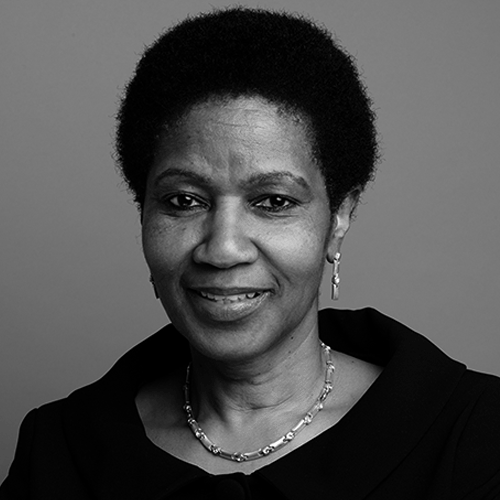
Phumzile Mlambo-Ngcuka
Executive Director, UN Women
This year, for the first time in history, more Americans are working in healthcare than any other sector. By 2020, some healthcare professions will have grown by 70 percent in a decade. The reason for this monumental growth is that America’s population is aging. Just seven years from now, one in four Americans will be older than 55.
Gender roles
Of the millions of nurses, doctors, and personal and home health aides keeping Americans safe and comfortable, four out of five are women, yet their work remains undervalued. Because stereotypes paint them as “naturally caring,” healthcare work has too long been seen as something women are obligated to do, and therefore not adequately remunerated.
Home health aides make on average just $23,000 a year, a difficult salary with which to build a stable future or support a family. Such jobs tend to be devalued precisely because they are typically performed by women, yet when women enter fields that have historically been dominated by men they encounter further barriers. In 2017, women doctors earned three-quarters of the salaries of their male counterparts — a gender pay gap that exceeds the U.S. average.
Equipping healthcare workers to do their best for us and our loved ones means demanding change from governments and employers, including equal pay and other policies that break down gender barriers, like paid parental leave, not just maternity leave. This includes changing the stereotypes about what women can achieve.
Numbers don’t lie
A UN Women-supported study found that in a global sample of 120 blockbuster movies, male doctors outnumbered women five to one. Yet women in the U.S. have been entering the field in nearly equal numbers to men for 20 years. We need to overturn these tropes and instead show realistic and optimistic numbers of women excelling — as surgeons and psychologists, veterinarians and paramedics — both on screen and in the real world to create positive role models and redefine expectations of women’s role in healthcare.
America’s 21st century healthcare challenge will be met by women. It is up to all of us to make sure they have the equal opportunities and representation to succeed.



